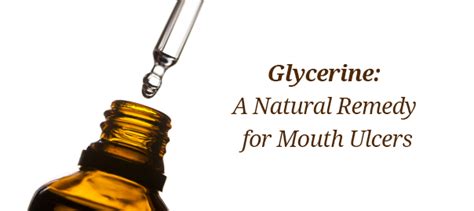Xylitol Reverse Cavities

The quest for a healthier smile has led many to explore the benefits of xylitol, a naturally occurring sugar substitute that has been touted for its ability to reverse cavities. But what exactly is xylitol, and how does it work its magic on our teeth?
To understand the relationship between xylitol and cavity reversal, it’s essential to delve into the world of oral microbiology. Our mouths are home to a diverse array of microorganisms, including bacteria that feed on sugars and starches. When these bacteria consume these substances, they produce acid as a byproduct, which can erode tooth enamel and lead to the formation of cavities.
Xylitol, a sugar alcohol derived from the bark of the birch tree or corn cobs, has been shown to inhibit the growth of these acid-producing bacteria. Unlike regular sugars, xylitol is not fermented by oral bacteria, which means it doesn’t contribute to the production of acid. In fact, xylitol has been found to reduce the levels of Streptococcus mutans, a primary culprit behind tooth decay.
But xylitol’s benefits don’t stop there. Research has demonstrated that regular consumption of xylitol can actually reverse early stages of tooth decay by promoting the remineralization of tooth enamel. This process involves the reversal of the acid-producing cycle, allowing the teeth to absorb minerals such as calcium and phosphate from the saliva. As a result, the tooth enamel begins to repair itself, reducing the likelihood of cavities forming.
One of the most significant advantages of xylitol is its ability to be incorporated into daily life. Xylitol is commonly used as a sugar substitute in sugar-free gum, mints, and toothpaste. Chewing xylitol-containing gum after meals has been shown to stimulate saliva production, which helps to wash away bacteria and food particles, further reducing the risk of cavities.
While xylitol is not a replacement for regular dental care, it can be a valuable addition to a comprehensive oral health routine. The American Dental Association (ADA) has recognized the benefits of xylitol, stating that it can be an effective tool in preventing tooth decay.
However, it’s essential to note that not all xylitol products are created equal. To reap the benefits of xylitol, look for products that contain 100% xylitol and are certified by reputable organizations such as the ADA. Additionally, be aware that excessive consumption of xylitol can cause gastrointestinal side effects in some individuals.
In conclusion, xylitol has proven itself to be a valuable ally in the fight against tooth decay. By inhibiting the growth of acid-producing bacteria and promoting the remineralization of tooth enamel, xylitol can help reverse early stages of cavities. As we continue to explore the benefits of xylitol, it’s clear that this natural sugar substitute has the potential to revolutionize the way we approach oral health.
Xylitol is not only beneficial for adults but also for children. According to the American Academy of Pediatric Dentistry, xylitol can be an effective tool in preventing tooth decay in children, especially when used in combination with regular brushing and flossing.
To incorporate xylitol into your daily routine, consider the following tips:
- Chew xylitol-containing gum after meals to stimulate saliva production
- Use xylitol-based toothpaste and mouthwash to reduce bacteria and acid production
- Limit your consumption of sugary snacks and drinks, opting for xylitol-sweetened alternatives instead
- Consult with your dentist to determine the best xylitol products for your individual needs
By embracing xylitol as a valuable component of your oral health routine, you can take a proactive step towards a healthier, cavity-free smile.
What is the recommended daily intake of xylitol?
+The recommended daily intake of xylitol varies depending on individual needs and circumstances. Generally, chewing 2-3 pieces of xylitol-containing gum after meals is considered sufficient for oral health benefits.
Can xylitol be used by individuals with sensitive teeth?
+Yes, xylitol can be used by individuals with sensitive teeth. In fact, xylitol has been shown to reduce tooth sensitivity by promoting the remineralization of tooth enamel. However, it's essential to consult with your dentist to determine the best xylitol products for your individual needs.
How long does it take to see the benefits of xylitol?
+The benefits of xylitol can be seen over time, typically within several weeks to months of regular use. However, individual results may vary, and it's essential to combine xylitol with regular brushing, flossing, and dental check-ups for optimal oral health.
As we continue to explore the benefits of xylitol, it’s clear that this natural sugar substitute has the potential to revolutionize the way we approach oral health. By incorporating xylitol into our daily routines and combining it with regular dental care, we can take a proactive step towards a healthier, cavity-free smile.

